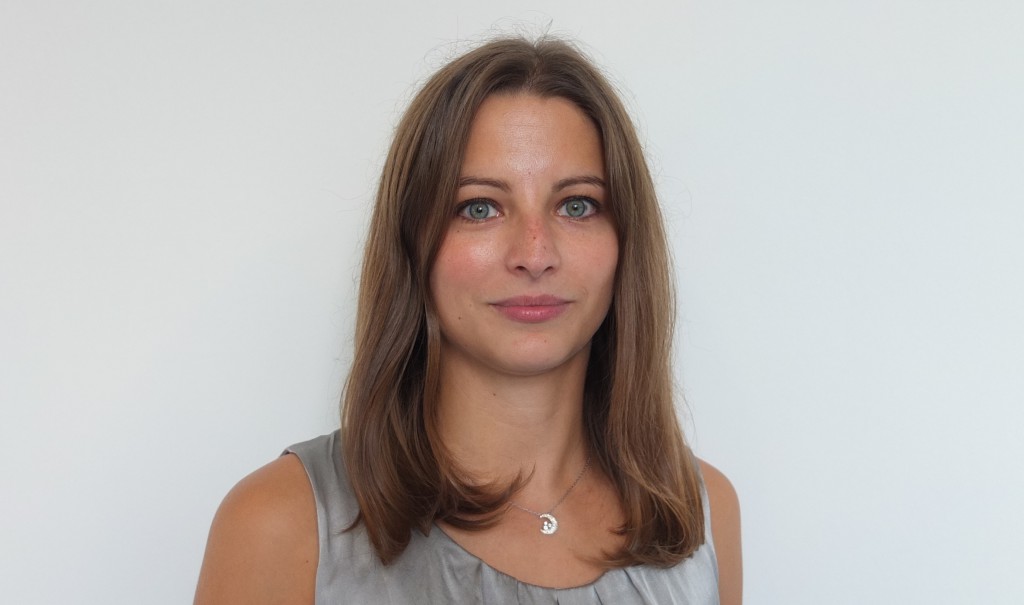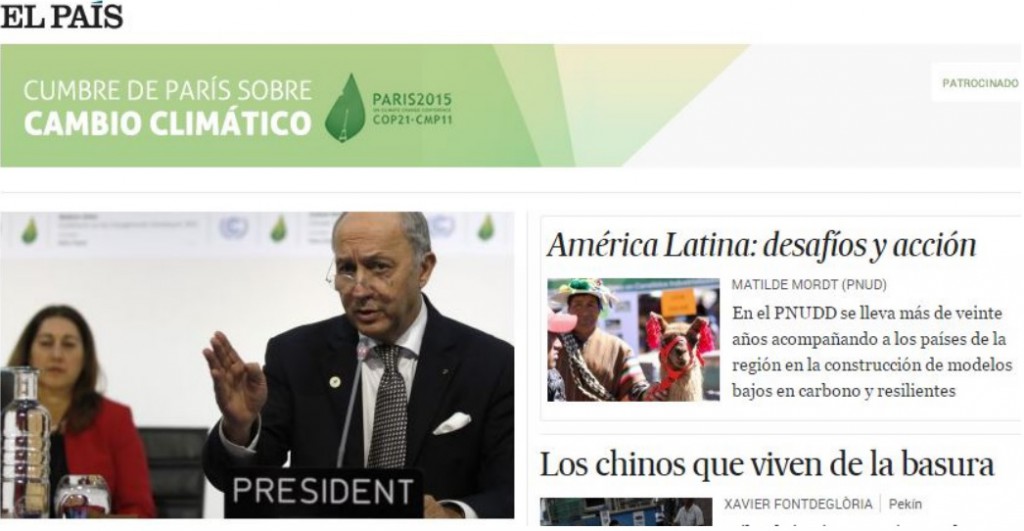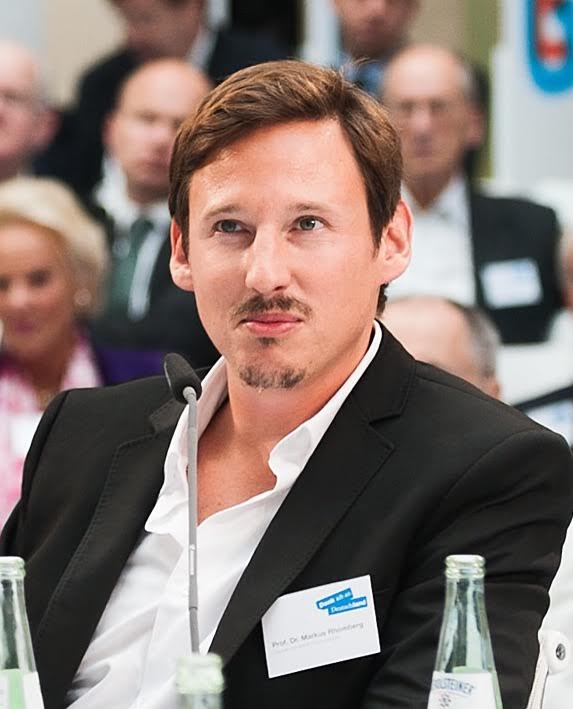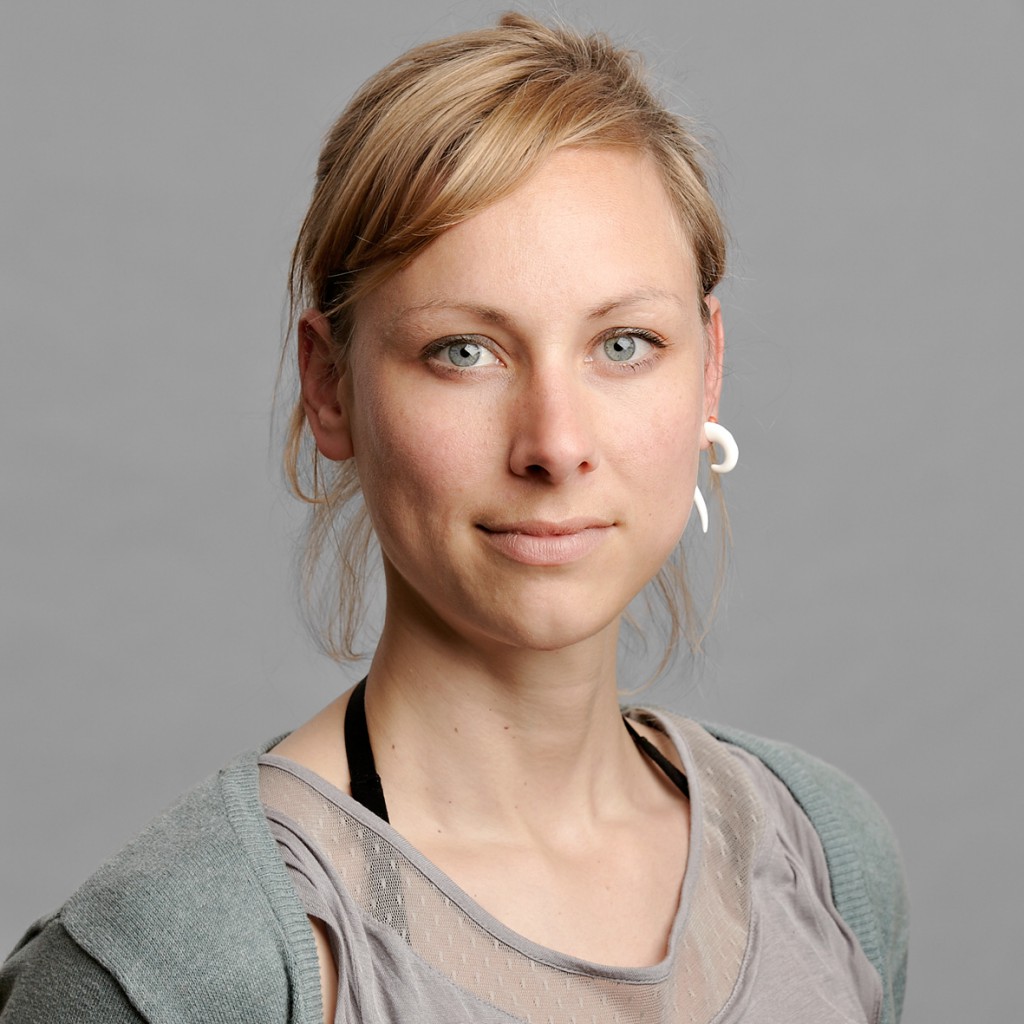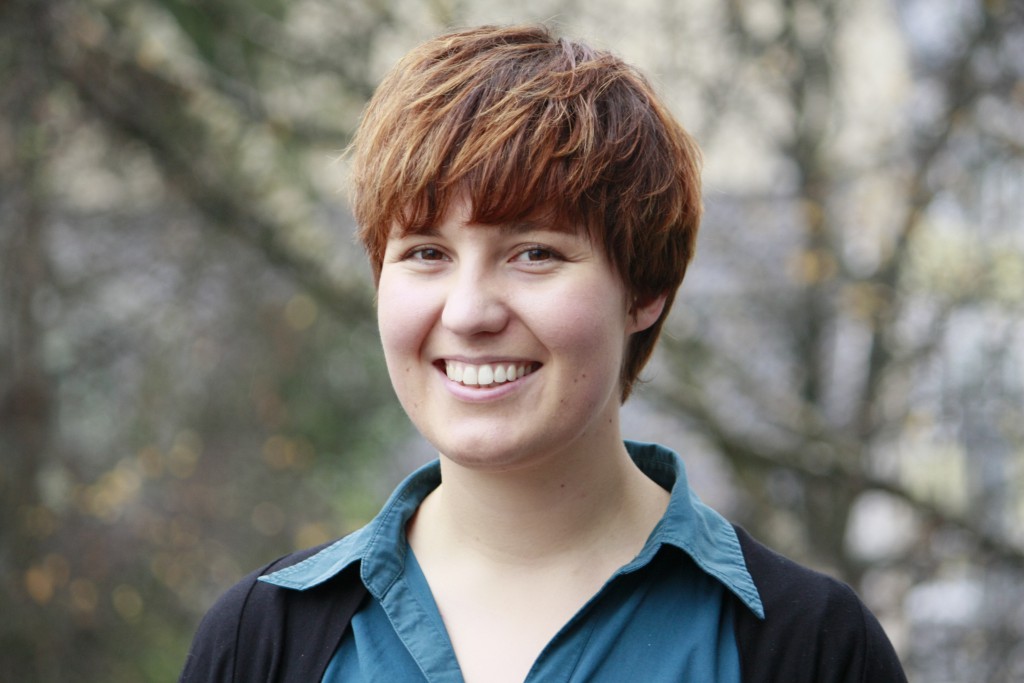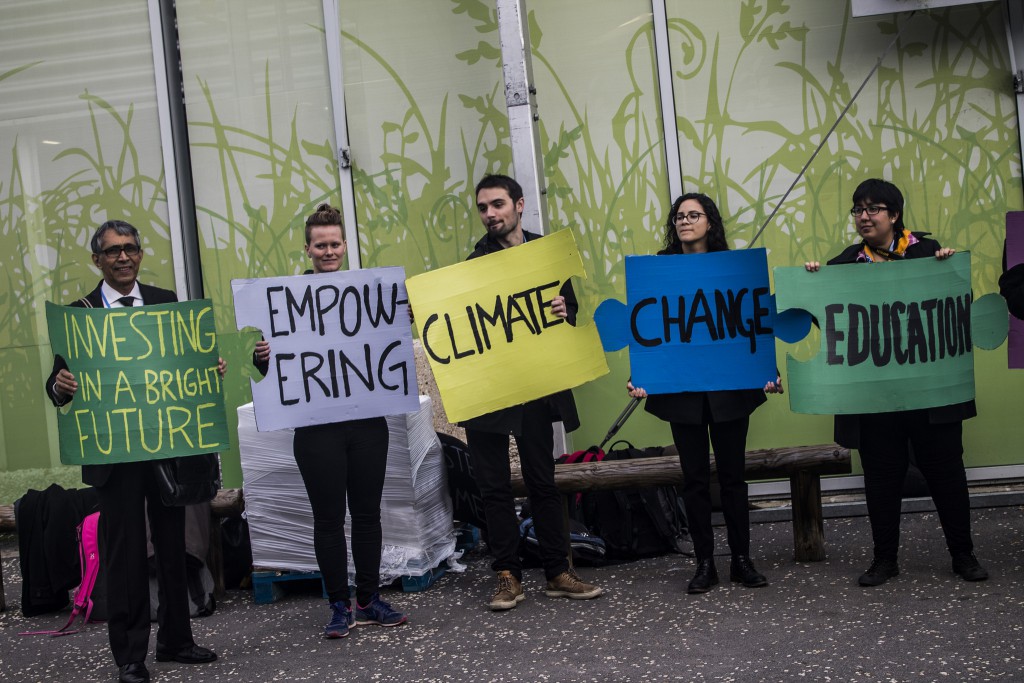
Zi is a Chinese journalist currently working towards her master’s in journalism and globalisation in Hamburg.
CCTV
On 11 December, CCTV posted 2 stories relating to the conference. One story titled ‘China denies rejection by ambition coalition at climate change conference’ emphasized China’s efforts on fighting against climate change by covering Chinese Foreign Ministry spokesperson Hua Chunying’s speech at the climate change conference. The other one focused on US-China relations, titled ‘Chinese, U.S. presidents exchange views on climate conference, bilateral ties over phone’. This piece stressed the successful communication between China and the U.S. over climate change issues and called for strengthening coordination to reach agreement.
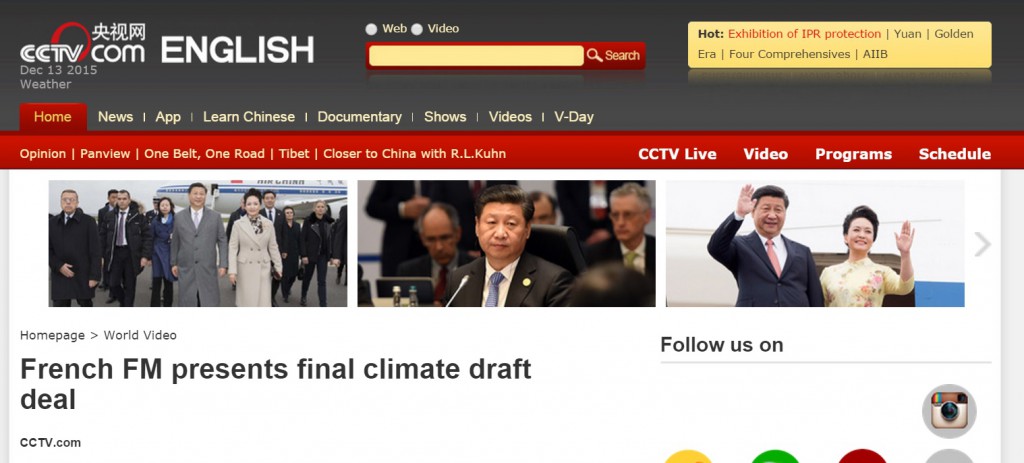
Continue reading Paris Climate Summit-Media Summary- Chinese Media Coverage
